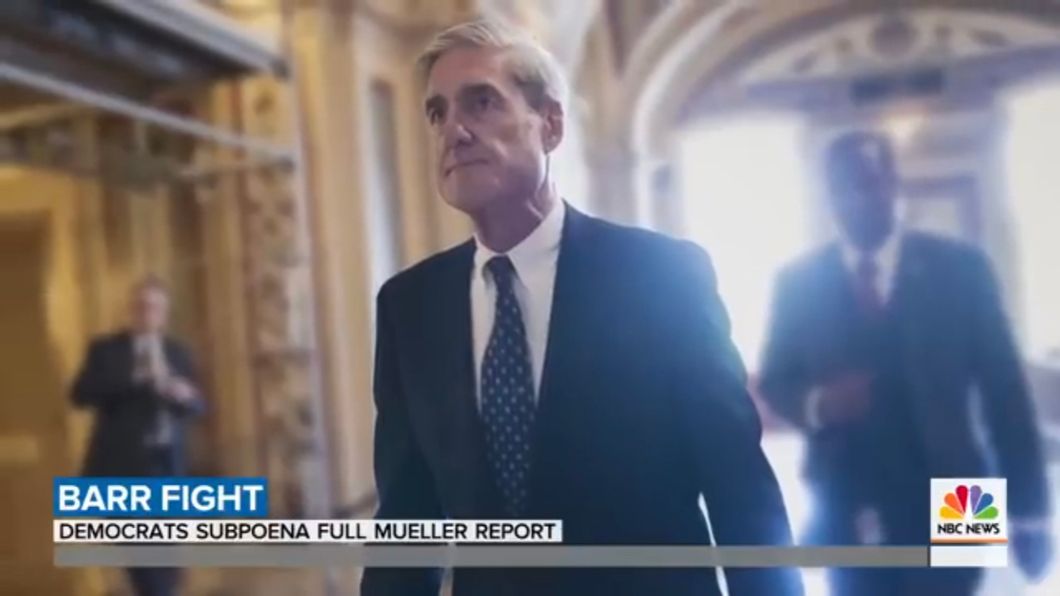In May of 2017 Robert Mueller was appointed as the special counsel to investigate Russia's impact on the United States' 2016 presidential elections. About a month later Mueller's investigation was widened to encompass a possible obstruction of justice on President Trump's behalf. The legal meaning behind "obstruction of justice" is when an individual affects the judicial proceedings in the United States either via corruption or any form of a threat. Over two years Mueller's investigation amassed nearly 200 criminal charges and several prison sentences. These charges ran from Russian nationals to members of Trump's campaign and White House teams.
Mueller's investigation concluded in March and a version of his report was publicly released this past week. However, a lot of information was omitted from the published report for security reasons and there are 14 matters that were removed from the published report that are still currently undergoing investigation. Therefore, we are still waiting on a great deal of information and do not have answers to every question that created the need for the probe in the first place.
What Mueller could provide was the information that his investigation could not find sufficient evidence of a conspiracy between Trump's campaign and Russia to influence the election. He also was unable to say that Trump definitively committed obstruction of justice, but at the same time Mueller does not confirm that Trump did not commit an obstruction of justice. With major questions still left unanswered, the report was able to confirm just a few things.
Mueller's report confirms that Russia tried to impact the outcome of the 2016 presidential election and that the Trump campaign was thrilled to receive such assistance. Mueller also confirmed that several people who worked closely with Trump in 2016 had ties to Russia and the Russian government. Further, the report is very clear that Trump tried to interfere with the Russia probe several times over the course of the last two years.
The report discusses Russia's internet-based process to influence Trump's victory. This included the development of social media accounts and propaganda material to be published in the United States without public knowledge that it was created by Russians. Several individuals and organizations involved in this process were indicted by Mueller, but he was unable to prove that any Trump affiliates participated in the process knowingly.
The second part of Russia's influence was via the hacking of Democratic accounts of individuals and organizations in order to publish their findings. No evidence was found that those in Trump's campaign participated in the hacking of Democratic outlets, but there was evidence of discussion of trying to obtain the published material. In addition, the report includes loads of specific examples of Trump affiliates being connected with business, politics, and money in Russia. Mueller also clearly indicates evidence of Trump trying to end the investigation or to have Mueller fired.
Mueller says at the end of his report that it is now up to other branches of government to determine how to handle this information and how to control the reach of the Trump administration. He even says that no individual is above the law and no one can be allowed to interfere with America's criminal justice proceedings. Following the published the report, Democrats in Congress issued a subpoena for the full report without the omission of any information for security purposes. They requested the full contents of the report by May first. While no final decisions are clear from this report, it is clear that our country's electoral security is faulty at best and completely corrupt at worst.








































